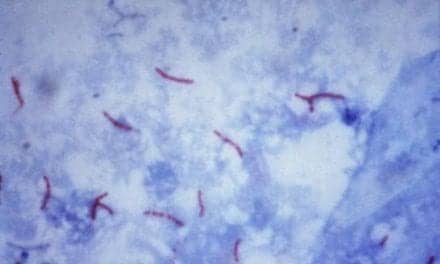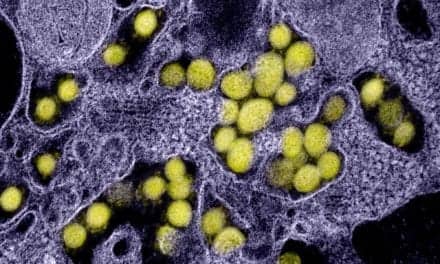The US Food and Drug Administration (FDA) approved AstraZeneca and Sanofi’s Beyfortus (nirsevimab-alip) for the prevention of respiratory syncytial virus (RSV) lower respiratory tract disease in neonates and infants born during or entering their first RSV season and in children up to 24 months of age who remain vulnerable to severe RSV disease through their second RSV season.
The approval follows the unanimous vote by the Antimicrobial Drugs Advisory Committee on the favorable benefit-risk profile of Beyfortus and was based on the clinical development program for Beyfortus spanning three pivotal late-stage clinical trials. Across all clinical endpoints, a single dose of Beyfortus demonstrated consistent efficacy against RSV lower respiratory tract disease extending through five months, the duration of a typical RSV season.

Beyfortus is the first preventive option approved to protect a broad infant population, including those born healthy at term, preterm, or with specific health conditions that make them vulnerable to severe RSV disease. The single dose can be administered at the beginning of the RSV season or at birth for those born during the RSV season.
“RSV can cause serious disease in infants and some children and results in a large number of emergency department and physician office visits each year,” says John Farley, MD, MPH, director of the office of infectious diseases in the FDA’s Center for Drug Evaluation and Research, in a release. “Today’s approval addresses the great need for products to help reduce the impact of RSV disease on children, families, and the health care system.”
RSV is a virus that causes acute respiratory infection in individuals of all age groups. While most infants and young children experience mild, cold-like symptoms, some infants, especially with their first infection, develop lower respiratory tract disease, such as pneumonia and bronchiolitis (swelling of the small airway passages in the lungs), that often leads to an emergency department or physician office visit. Premature infants, and those with chronic lung disease of prematurity or significant congenital heart disease, are at highest risk for severe RSV disease. Approximately 1% to 3% of children under 12 months of age in the US are hospitalized each year due to RSV, according to the American Academy of Pediatrics.
“Beyfortus represents an opportunity for a paradigm shift in preventing serious respiratory disease due to RSV across a broad infant population in the US. The science that Beyfortus is built on demonstrates AstraZeneca’s continued leadership in addressing the needs of the most vulnerable populations and reducing the burden on healthcare systems,” says Iskra Reic, executive vice president of vaccines and immune therapies at AstraZeneca, in a release.
Beyfortus is a monoclonal antibody with activity against RSV. Monoclonal antibodies are laboratory-made proteins that mimic the immune system’s ability to fight off harmful pathogens such as viruses. One dose of Beyfortus, administered as a single intramuscular injection prior to or during RSV season, may provide protection during the RSV season.
“Today’s approval marks an unprecedented moment for protecting infant health in the US, following an RSV season that took a record toll on infants, their families, and the US healthcare system. Beyfortus is the only monoclonal antibody approved for passive immunization to provide safe and effective protection for all infants during their first RSV season. I am proud that, by prioritizing this potential game-changer, we are now about to bring Beyfortus to American families,” says Thomas Triomphe, executive vice president of vaccines at Sanofi, in a release.
Possible side effects of Beyfortus include rash and injection site reactions. Beyfortus should not be given to infants and children with a history of serious hypersensitivity reactions to Beyfortus’ active ingredients or any of its excipients.
Beyfortus comes with warnings and precautions about serious hypersensitivity reactions, including anaphylaxis, which have been observed with other human IgG1 monoclonal antibodies. Beyfortus should be given with caution to infants and children with clinically significant bleeding disorders.
Beyfortus received a Fast Track designation for this indication and is already approved in Europe and Canada.










